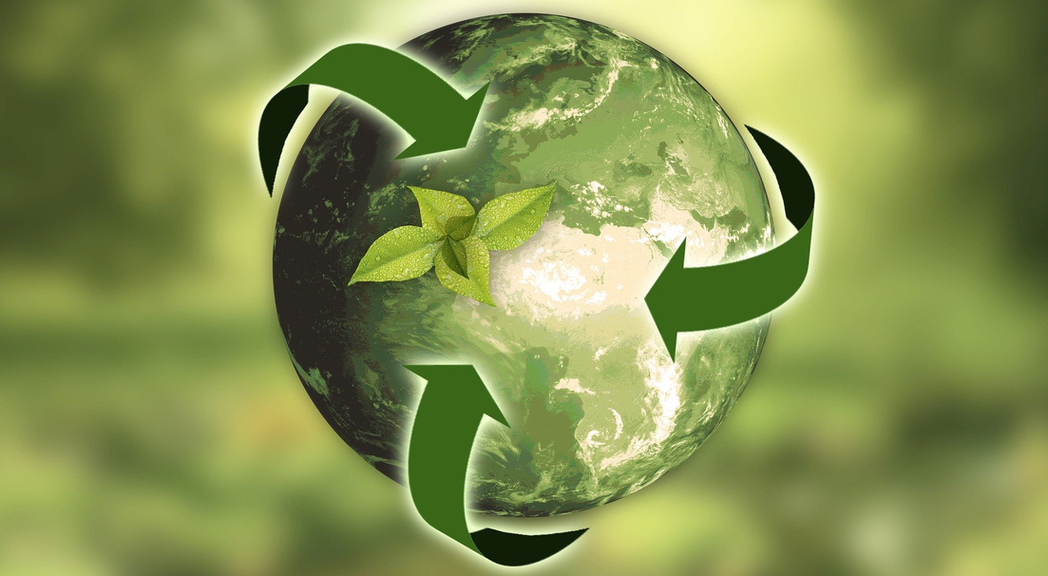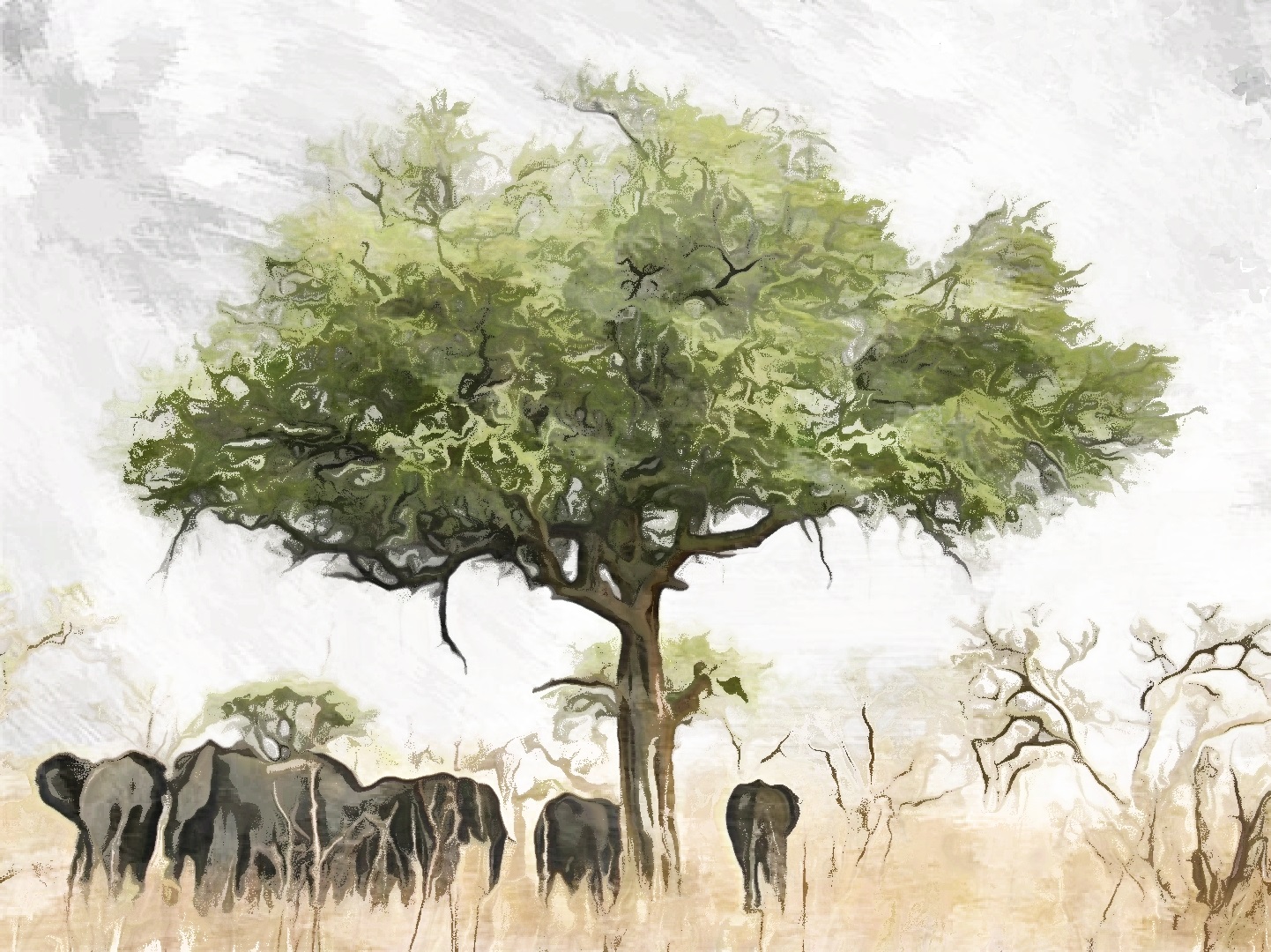
Whether state or non-state, many organizations are involved in managing the ecological heritage of this region of the world. Based on international conventions and treaties, large-scale programs are most often developed under the aegis of major agencies such as the UN, IUCN or WWF and monitored by them. In particular, they have favored and supported the creation of large protected areas such as national parks, reserves, etc.
> Other more local programmes are based on smaller associations or communities whose ambitions are admittedly more limited, but still anchored in the reality of the field. Today, everyone agrees on their importance, as no progress can be made without the indigenous populations being directly involved or even at the origin of this dynamic, which favours the sustainable use of their environment.
> We would like to draw a portrait of these living forces who, despite the difficulties - particularly economic - that burden the country, lead the fight and contribute to the preservation of the Congolese equatorial biosphere.




